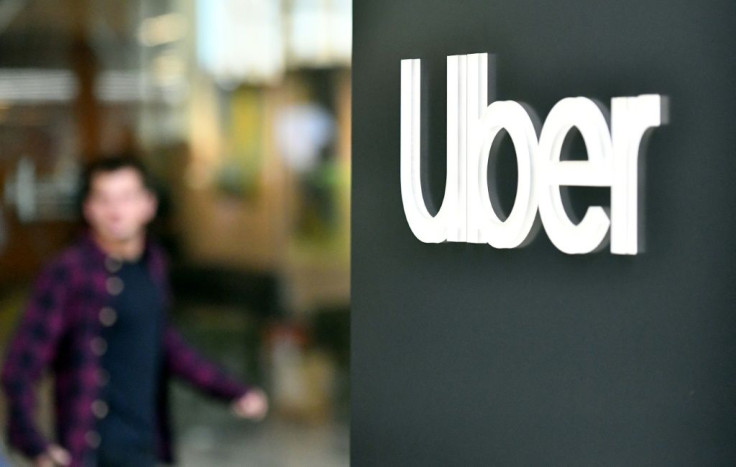Uber Says Slashing Jobs And Trimming Investment
Uber on Monday announced it is cutting a quarter of its global workforce and trimming investment to survive the financial hit to its business from the coronavirus pandemic.
The San Francisco-based company is laying off about 3,000 people and stopping some investments unrelated to its core ride-share and delivery businesses, according to chief executive Dara Khosrowshahi.
"Given the dramatic impact of the pandemic, and the unpredictable nature of any eventual recovery, we are concentrating our efforts on our core mobility and delivery platforms and resizing our company to match the realities of our business," Khosrowshahi said.
Overall staff cuts include layoffs earlier this month at Uber recruiting and customer support teams, and are part of a reorganization keeping ride-share and Eats restaurant-meal delivery services priorities at the company.
"We are making these hard choices now so that we can move forward and begin to build again with confidence, Khosrowshahi said.
Job cuts are to be spread across Uber operations around the world.
Uber planned to provide laid-off workers with at least 10 weeks pay and continue providing health benefits through the end of this year.
The company did not respond to an inquiry whether layoff news was delivered to employees via video-conferencing.
Uber is closing or consolidating offices at various locations, including merging two facilities in its home base of San Francisco. The company also planned to close its office in Singapore in the coming year and relocate its Asia-Pacific base of operations.
Teams at Uber are being reorganized, with Andrew Macdonald to head a "mobility" team that will include transit and Pierre-Dimitri Gore-Coty taking charge of a "delivery" team.
Uber is closing its AI Labs special projects team.

"We are taking a hard look at our overall cost structure and our other bets to ensure our core business of Rides and Eats emerges stronger than ever," Khosrowshahi said on Uber's recent quarterly earnings call.
Uber said in its quarterly update that it lost nearly $3 billion and its rides business was down some 80 percent in April.
The rideshare giant noted, however, that it was seeing strong revenue growth for its Eats food delivery operation.
Uber reported 53 percent revenue growth in its Eats restaurant take-away delivery service in the first three months of this year, as more people ordered in to avoid the coronavirus.
Eats revenues rose to $819 million, about one-third of the total for Uber in the quarter.
"There's been a tremendous increase in restaurant sign-ups," Khosrowshahi during an earnings call with analysts.
"We believe these trends are here to stay."
With a network of app-summoned drivers, Uber is in position to expand into delivering groceries, medicine, retail purchases and more with minimal investment, Khosrowshahi added.
An IBM survey released this month found more than half of those who used ridesharing apps planned to reduce or stop using these services completely.
Meanwhile, some analysts felt ride-share services or bicycle and scooter options such as those offered by Uber might benefit from people wanting to avoid mass transit while getting around.
It said earlier this month it was leading a $170 million investment in Lime as part of a plan to merge its Jump electric bike and scooter operations into the rival service.
The tie-up will free Uber to concentrate on its core rideshare and delivery services while Lime -- which operates in some two dozen countries -- will manage scooters and bikes including the Uber Jump fleet.
"The reality is the world has changed, so we don't know when the recovery is going to be," Khosrowshahi said during the earnings call.
"We are going to take the actions that we think are necessary."
© Copyright AFP 2024. All rights reserved.





















